Night of Fire is Colin Thubron’s first novel for 14 years. For most of us he is better known as a travel writer, perhaps the finest of our time. But between journeys there have been seven previous novels, and this new one draws on his travelling. Ostensibly confined to a house converted into single apartments, and a night when it is consumed by a fire starting in its basement, it actually, in its chapters each devoted to one of its seven characters, wanders the world, while also moving to and fro in time.
The seven characters are designated by role or occupation: landlord, priest, neurosurgeon, naturalist, photographer, schoolboy, traveller. We know from the first that they are all doomed: they will die this night. It’s a contrivance or conceit reminiscent of middle-period Muriel Spark, though Thubron’s treatment of his material is very different from Spark’s; where she was brisk and epigrammatic, he follows the erratic course of dreams, thoughts and memories, switching as it suits him between first- and third-person reflection and narrative.
Each chapter is self-sufficient, the longer ones of novella length. They may seem to have no connection with each other, apart from the location and fate of the characters on their last night. Certainly each can be read for itself, without reference to another, and, perhaps unavoidably, some are more agreeable and interesting that others.
So, for instance, I found the priest chapter beautiful and fascinating, recounting a youthful visit to Mount Athos, which has a wretched and moving consequence, and then a longish account of the young priest’s work in a refugee camp on the border of Uganda and Rwanda; the thoroughly researched neurosurgeon’s chapter fascinating and disturbing; the naturalist’s and the schoolboy’s touching (though the latter’s is actually a memory of now distant childhood); the traveller’s delightful in its evocation of the vanished days of the Raj in Simla, then a bit boring as it becomes a travelogue; the photographer’s accounts of his obsessive loves less than persuasive.
Yet there is a gradually perceived unity to the novel. ‘Can you remember something that never happened?’, one character asks, getting the reply: ‘I suppose you imagine an event, then you remember what you imagined. Then you keep remembering your memories.’ Thubron is concerned with fluidity — the fluidity of time, of memory, of personality. When the neurosurgeon cuts into a brain to relieve distress, he can’t say what the result will be. One patient who has been in communication with God loses, after a successful operation, the obsession which had defined him. Cured, is he less or more?
In exploring fluidity, Thubron raises questions about the nature of reality and invites us to consider impermanence. The landlord spends a night on the roof viewing the heavens through his powerful telescope, gazing at stars which may have died millennia ago. And what is the brief span of one human life in comparison? Except this: everything of which we are conscious is nevertheless going to vanish. ‘Into what?’, the traveller wonders, exploring funeral practices in India.
Thubron has written a novel which is at once disturbing and consoling. It makes you both think and feel at the same time, which is perhaps what the best fiction does more surely than any other art form.
The post They’re all doomed appeared first on The Spectator.
Got something to add? Join the discussion and comment below.
Get 10 issues for just $10
Subscribe to The Spectator Australia today for the next 10 magazine issues, plus full online access, for just $10.
You might disagree with half of it, but you’ll enjoy reading all of it. Try your first month for free, then just $2 a week for the remainder of your first year.

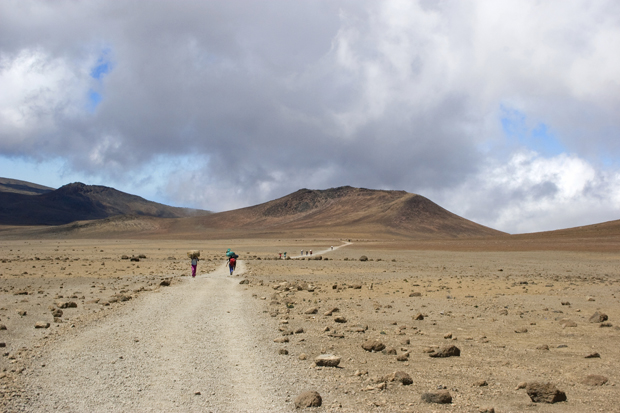

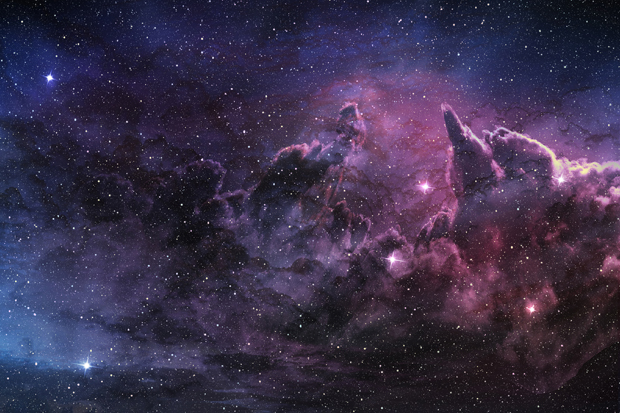
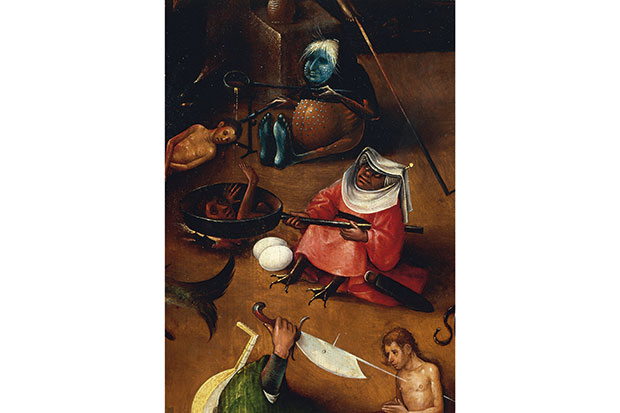

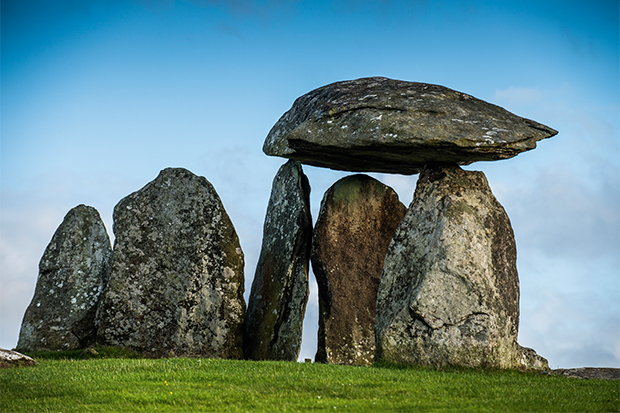
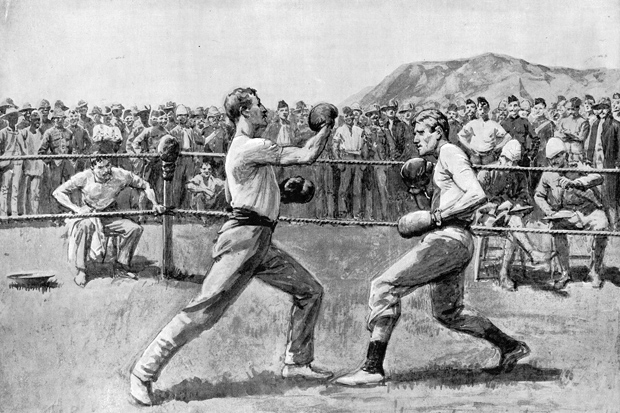






Comments
Don't miss out
Join the conversation with other Spectator Australia readers. Subscribe to leave a comment.
SUBSCRIBEAlready a subscriber? Log in